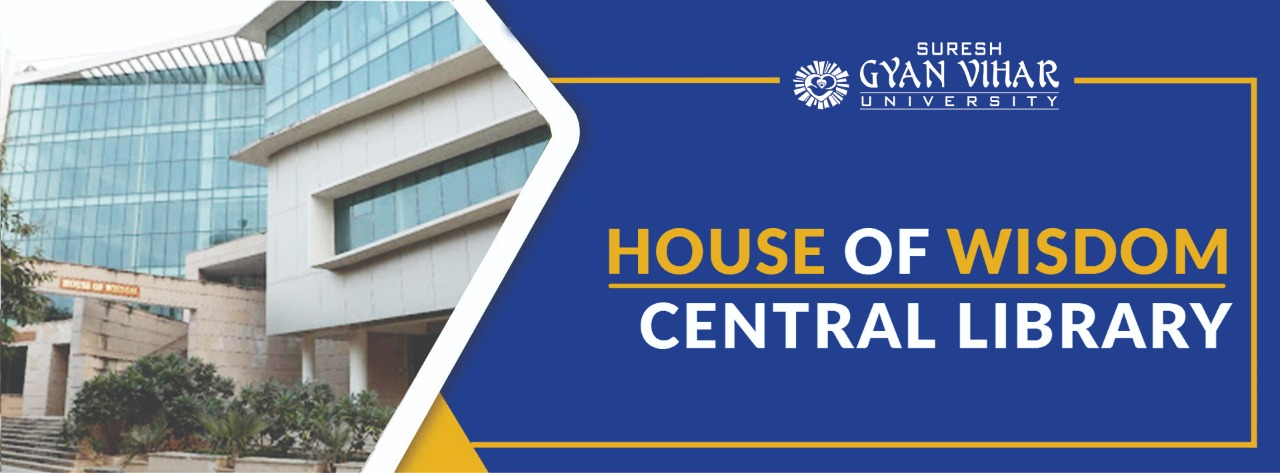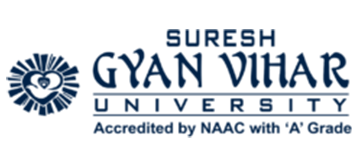C# 4.0 unleashed [electronic resource] / Bart de Smet.
Material type: Computer fileSeries: Distance EducationPublication details: New Delhi Sams,Pearson education 2011Description: 1605pISBN:
Computer fileSeries: Distance EducationPublication details: New Delhi Sams,Pearson education 2011Description: 1605pISBN: - 9788131761762
- 005.133 SMB C book
- 005.133 SMB C book
| Item type | Current library | Call number | Status | Notes | Date due | Barcode | Item holds | |
|---|---|---|---|---|---|---|---|---|
 Books
Books
|
Suresh Gyan Vihar University Library | 005.133 SMB C (Browse shelf(Opens below)) | Available | Distance Education | J10 |
Includes index.
pt. I. Introduction. 1. Introducing the .NET platform : A historical perspective ; A 10,000-feet view of the .NET platform ; The common language infrastructure ; The multilanguage aspect of .NET ; Introducing .NET assemblies ; The common type system explained ; Executing managed code ; Diving into the common language runtime ; The base class library -- 2. Introducing the C# programming language : The evolution of C# ; A sneak peek at the future -- 3. Getting started with .NET development using C# : Installing the .NET framework ; Your first application: take one ; Visual studio 2010 ; Your first application: take two -- pt. II. C#: the language. 4. Language essentials : The entry point ; Keywords ; A primer on types ; Built-in types ; Local variables ; Intermezzo on comments ; Arrays ; The null reference ; Nullable value types -- 5. Expressions and operators : What are expressions? ; The evaluation stack ; Arithmetic operators ; String concatenation ; Shift operators ; Relational operators ; Logical operators ; Conditional operators ; An operator's result type ; Null-coalescing operator ; Assignment -- 6. A primer on types and objects : Implicit versus explicit conversations ; The type of operator: a sneak peek at reflection ; Default value expression ; Creating objects with the new operator ; Member access ; Invocation expressions ; Element access -- 7. Simple control flow : What are statements, anyway? ; Expression statements ; The empty statement ; Blocks ; Declarations ; Selection statements ; Iteration statements ; A peek at iterators ; Loops in the age of concurrency ; The go to statement ; The return statement -- 8. Basics of exceptions and resource management : Exception handling ; Deterministic resource cleanup ; Locking on objects -- 9. Introducing types : Types revisited ; Classes versus structs ; Type members -- 10. Methods : Defining methods ; Return type ; Parameters ; Overloading ; Extension methods ; Partial methods ; Extern methods ; Refactoring ; Code analysis -- 11. Fields, properties, and indexers : Fields ; An intermezzo about enums ; Properties ; Indexers -- 12. Constructors and finalizers : Constructors ; Static constructors ; Destructors (poorly named finalizers) --13. Operator overloading and conversions : Operators ; Conversions -- 14. Object-oriented programming : The cornerstones of object orientation ; Inheritance for classes ; Protected accessibility ; Polymorphism and virtual members ; Abstract classes ; Interfaces -- 15. Generic types and methods : Life without generics ; Getting started with generics ; Declaring generic types ; Using generic types ; Performance intermezzo ; Operations on type parameters ; Generic constraints ; Generic methods ; Co- and contravariance --
16. Collection types : Nongeneric collection types ; Generic collection types ; Other collection types -- 17. Delegates : Functional programming ; What are delegates? ; Delegate types ; Delegate instances ; Invoking delegates ; Putting it together: an extensible calculator ; Case study: delegates used in LINQ to objects ; Asynchronous invocation ; Combining delegates -- 18. Events : The two sides of delegates ; A reactive application ; How events work ; Raising events, the correct way ; Add and remove accessors ; Detach your event handlers ; Recommended event patterns ; Case study: inotifyproperty interfaces and UI programming ; Countdown, the GUI way ; Modern approaches to reactive programming -- 19. Language integrated query essentials : Life without LINQ ; LINQ by example ; Query expression syntax -- 20. Language integrated query internals : How LINQ to objects works ; Standard query operators ; The query pattern ; Parallel LINQ ; Expression trees -- 21. Reflection : Typing revisited, static and otherwise ; Reflection ; Lightweight code generation ; Expression trees -- Dynamic programming : The dynamic keyword in C# 4.0 ; DLR internals ; Office and COM interop -- 23. Exceptions : Life without exceptions ; Introducing exceptions ; Exception handling ; Throwing exceptions ; Defining your own exception types ; (In)famous exception types -- 24. Namespaces : Organizing types in namespaces ; Declaring namespaces ; Importing namespaces -- 25. Assemblies and application domains : Assemblies ; Application domains -- pt. III. Working with base class libraries. 26. Base class library essentials : The BCL: what, where, and how? ; The holy system root namespace ; Facilities to work with text -- 27. Diagnostics and instrumentation : Ensuring code quality ; Instrumentation ; Controlling processes -- 28. Working with I/O : Files and directories ; Monitoring file system activity ; Readers and writers ; Streams: the bread and butter of I/O ; A primer to (named) pipes ; Memory-mapped files in a nutshell ; Overview of other I/O capabilities -- 29. Threading and synchronization : Using threads ; Thread pools ; Synchronization primitives -- 30. Task parallellism and date parallelism : Pros and cons of threads ; The task parallel library ; Task parallelism ; Data parallelism.
eBook access via Internet. ANU/ANV.
There are no comments on this title.





